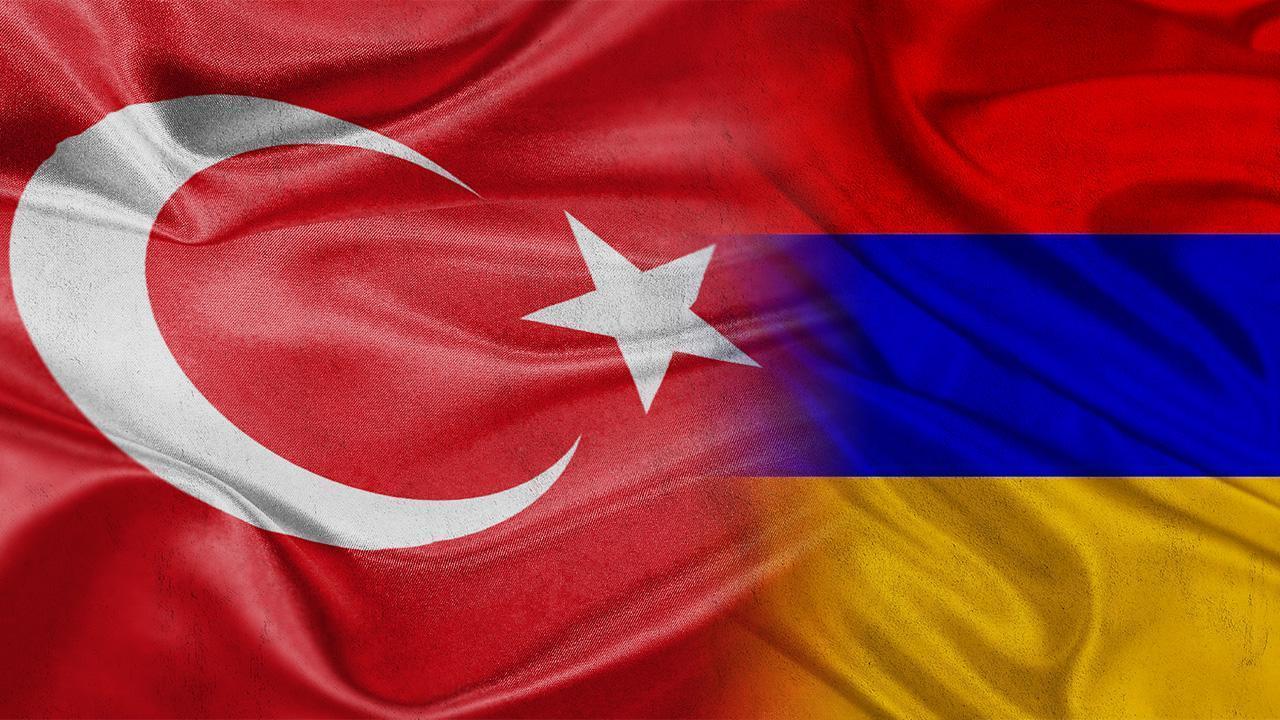PROFESSOR ILTER TURAN
It has now evolved into an annual ritual. As April 24 approaches, the Turkish government starts waiting for the words the American president will use in commemorating the fate the Armenians suffered in 1915, shortly after the Ottoman Empire entered the First World War. For years, the American leadership abstained from using the word “genocide” to describe what happened, referring to the unfortunate events as the “great disaster.” Mr. Biden, whose lack of benevolent feelings toward Turkey is no secret, finally dropped this careful wording and joined a number of other leaders and parliaments that had already called the events genocide. Turkish response to these allegations, repeated each year, is an outburst of indignation. Political leaders, backed by some journalists and academics, argue that Turkish history is free of such sins while the histories of those accusing Turkey are loaded with unspeakable crimes against humanity. They add that this is a question for scholars to study, inviting Armenian lobbies to join Turkey to form a scholarly committee to study the events. They also allege that those accusing Turkey are not well-intentioned and that they engage in reconstruction of falsehoods as truth to cover their heinous purposes.
Turks appear to be unjustly singled out and blamed for these actions that need further examination, particularly by studying Armenian archives, which are still closed. Nevertheless, the allegations of genocide continue to be accepted by a growing number of people in different parts of the world as poorly informed parliaments continue to legislate history. Let us begin by taking up the allegations. The Ottoman Empire, along with the Austro-Hungarian and the Czarist, were multi-national empires whose existence were challenged by rising nationalism that became increasingly powerful toward the end of the 19th Century. From the viewpoint of imperial administrations, those who clamored for independence were traitors; from the viewpoint of the nationalists, the imperial rulers were cruel exploiters. Then, there was the problem of territory. Since different peoples lived in an intermingled environment, often the same cities and regions were claimed by more than one nationality, leading to communitarian violence, efforts of ethnic cleansing and even wars, so as to acquire the possession of territory. By way of example, throughout the 19th century with gaining speed toward the end, Turkish and Muslim populations were driven from the Balkans, many were killed, some died on their way to areas where the Ottoman flag still flew. Excited by the prospect of “driving the Turk back to where he came from,” the Western European displayed no sympathy to the poor souls who were murdered or forced to leave their homes and lands in order to save their lives.
It is important to remember that we are dealing with the dissolution of a multi-ethnic empire where each nationality tried to carve out territory for itself. For example, the policies that led to the death of many Armenians (though the numbers cited are often imaginary, sometimes exceeding the entire Armenian population of the Empire) were initiated after Armenians backed by Russian forces took over the province of Van with a majority Muslim population and killed many of the residents. As fighting spread throughout the region, killings that often involved innocent people were mutual. Those fewer in number, poorly armed, inevitably led their people to greater suffering. All actors that were a part of this ordeal are responsible for the various atrocities, most committed by irregular forces. In the case of Armenians, three factors appear to have been important in their being depicted innocent victims of an Ottoman onslaught.
First, the accounts of what transpired were generally transmitted to the West, especially to America, by missionaries who had themselves been among the instigators for Armenian independence. Second, the French used the Armenians in their efforts to colonize Southern Turkey. When this effort failed, these people were given a home in France. Their revanchist stories have prevailed in forming public opinion. Third, there was already a strong anti-Turkish bias since the Ottomans, a non-Christian dynasty, represented the major challenge to Europe for centuries. Accounts depicting the Turk as a ruthless killer was easily accepted without checking what had really transpired. We know, on the other hand, that an effort to build a legal case against the Empire by the British in Malta failed for lack of sufficient evidence.
As I have already noted, however, Turkey’s response has not been working. What seems to be needed is a fact-based, sustained effort to impress upon global publics that in the dissolution of empires all imperial subjects aspiring to found their own nation-state employed regrettable means to achieve their goals. All atrocities need to be condemned. Singling out and blaming one actor while ignoring a destructive process in which all actors shared responsibility is counter-productive. It serves to perpetuate mutually hostile feelings rather than help heal them. Unless we appreciate that there is an element of mutual responsibility in horrible outcomes, everyone will continue to enjoy the comfort of blaming others.










